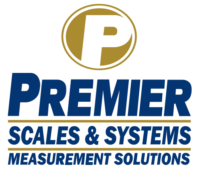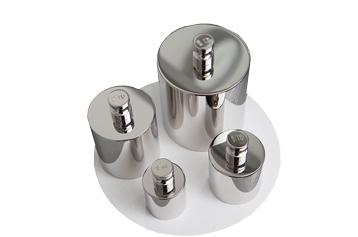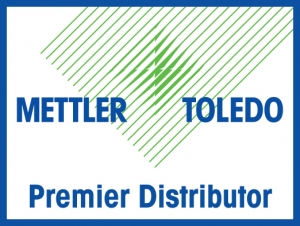Scale Calibration Schedules Matter
In industries reliant on precision, ensuring accuracy is crucial. Calibration schedules for measuring equipment are indispensable for maintaining peak performance and compliance. Learn the importance of calibration schedules and how Premier Scales and Systems can help to optimize them for efficiency and reliability.
Accuracy Degradation Over Time
Precision measuring equipment is the backbone of many industries, from manufacturing to healthcare. However, the accuracy of these instruments can degrade over time, leading to potential errors and costly rework also known as “drift.” Calibration schedules are the solution to this challenge, providing a systematic approach to ensure that measuring equipment maintains its accuracy and reliability. In this blog post, we’ll delve into the importance of calibration schedules and explore how they can be optimized for maximum efficiency and effectiveness.
Why Calibration Schedules Matter:
- Ensuring Accuracy: Regular calibration ensures that measuring equipment provides accurate and reliable measurements, reducing the risk of errors and inconsistencies.
- Compliance Requirements: Many industries have strict regulatory requirements regarding the calibration of measuring equipment. Adhering to calibration schedules helps companies meet these standards and avoid penalties.
- Preventing Costly Errors: Inaccurate measurements can lead to defective products, wasted materials, and rework costs. Calibration schedules help mitigate these risks by maintaining the accuracy of measuring instruments.
Optimizing Calibration Schedules:
- Establishing Frequency: Determine the appropriate calibration frequency based on the cost of errors + frequency of the drift, if present, as well as factors such as usage, environmental conditions, and regulatory requirements.
- Documentation and Tracking: Maintain detailed records of calibration activities, including dates, results, and any adjustments made. This documentation is essential for compliance and quality assurance purposes as well as enables customers to pinpoint errors and quantify their effect to keep it from happening again.
- Automated Reminders: Implementing automated systems to remind staff of upcoming calibrations helps ensure that schedules are adhered to consistently and also allows for scheduled downtime ensuring minimal impact on processes.
- Regular Audits: Conduct periodic audits of calibration processes to identify any areas for improvement and ensure compliance with internal standards and external regulations.
Bottom Line
Calibration schedules are a critical component of maintaining the accuracy and reliability of precision measuring equipment. By establishing regular calibration intervals, documenting calibration activities, and implementing efficient processes, organizations can ensure that their measuring instruments perform optimally and comply with regulatory requirements. Don’t overlook the importance of calibration schedules—investing in them now can save time and money as well as prevent downtime and errors in the long run.
PREMIER SCALES & SYSTEMS ISO/IEC17025 ACCREDITED CALIBRATION SERVICES
Premier Scales & Systems is home to the area’s largest ISO/IEC17025 accredited calibration scopes meaning we are truly a full-service calibration company. This full-service approach means one company, one point of contact, and one invoice for any metrology need. You can rely on Premier Scales & Systems for accurate results that do more than keep you in compliance but also increase the life and efficiency of your measuring equipment.







